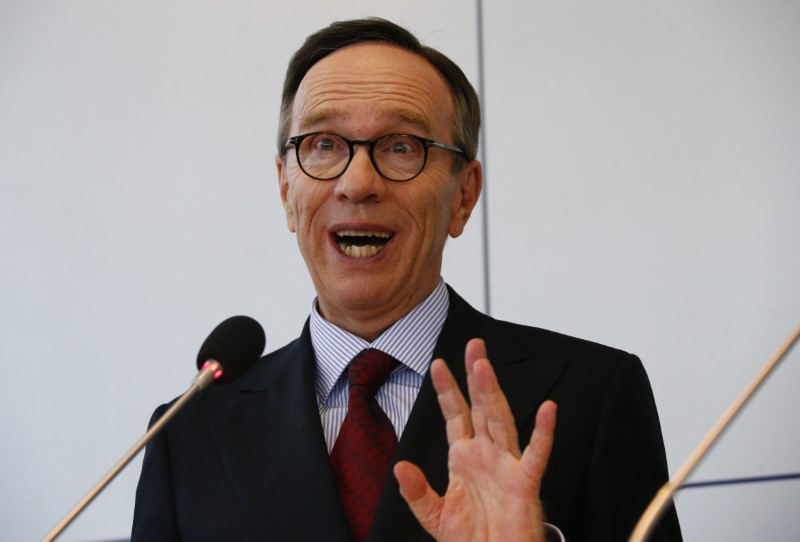BERLIN (Reuters) - Parts of Britain's car industry could move to southeast Europe if the country loses access to the single market in its divorce negotiations with the European Union, the president of Germany's VDA auto industry association said.
British Prime Minister Theresa May has set a March deadline to begin the formal process to quit the EU and carmakers are concerned that Britain is heading towards a "hard Brexit", which would leave it outside the European single market and facing tariffs of up to 10 percent on car exports.
"If there's a 'hard Brexit' then we will see a shift to central and southeastern Europe," Matthias Wissmann was quoted as saying in Monday's Financial Times.
He added that countries such as Slovakia and Poland "are very attractive, have low labour costs and are part of the EU".
The German auto industry alone has 100 production sites in Britain, including suppliers, and Wissmann said that a long period of uncertainty would dampen the incentive to invest.
Wissmann said that Britain's car industry could suffer a sharp decline in output, as has been the case in Italy, where production has tumbled to 500,000 cars a year from 2 million 20 years ago.
"If the UK doesn't want to suffer the same fate as Italy's car industry, it must be concerned to retain full access to the single market," he said.
A spokesman for the VDA, which represents companies including BMW, Daimler, Bosch, Continental and Volkswagen (DE:VOWG_p), confirmed Wissmann's comments.
Wissmann had also warned in June that a potential trade dispute between Europe and the Britain would be a serious setback for the industry and result in some production sites relocating.
German carmakers exported 810,000 cars to Britain last year, more than to any other country in the world. However, Wissmann, a former transport minister and powerful lobbyist, emphasised that the VDA's priority was to keep the EU together.

"The UK is an important market for us, but the EU market is much more important," he said. "If the EU were to fall apart, that would be a lot worse for our industry."